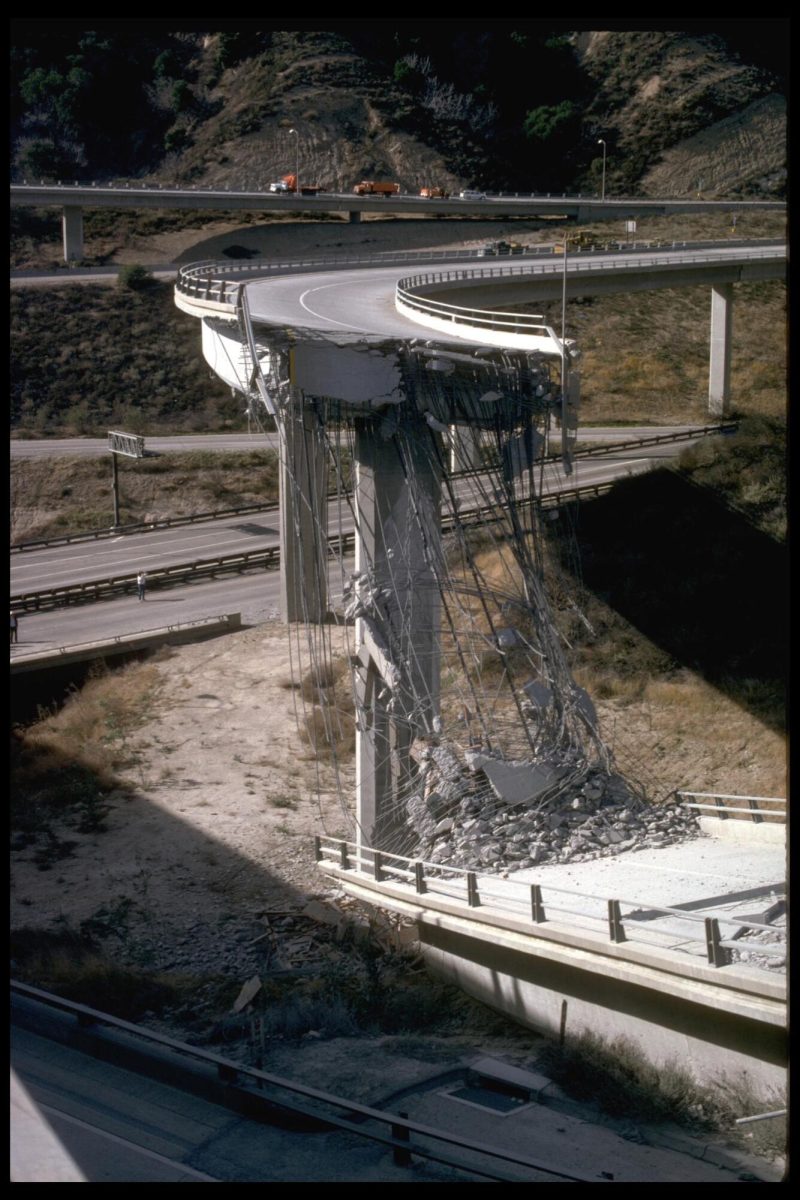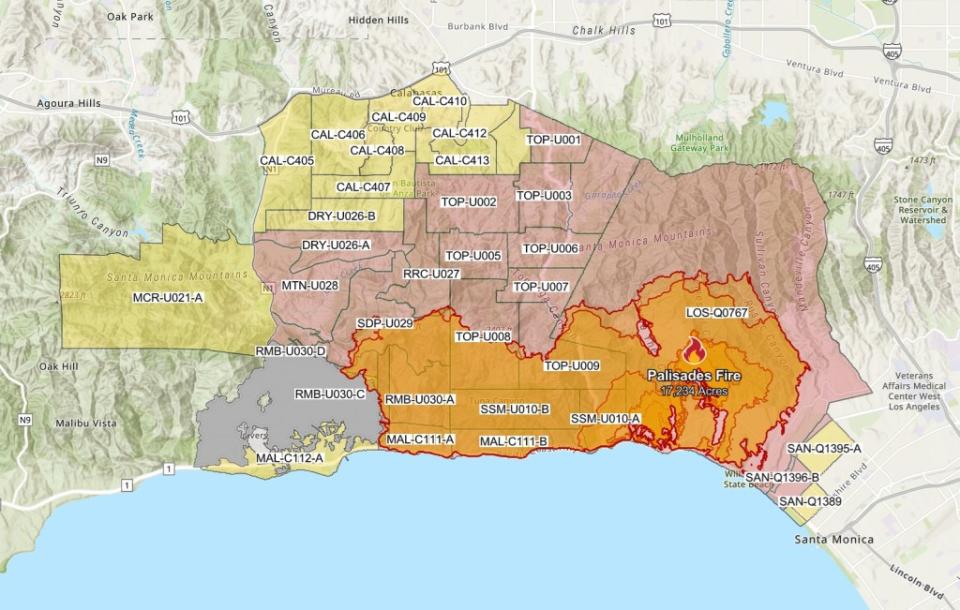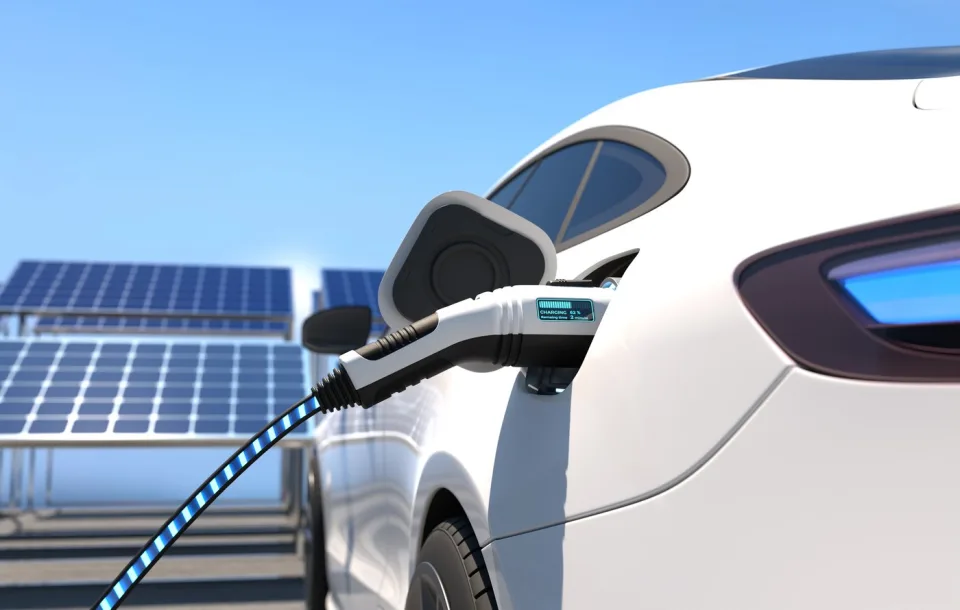With California having six of the most polluted cities in the United States, it is clear that corrective actions have to be taken. Therefore, the California Air Resource Board proposed a waiver under the Clean Air Act to approve the widespread use of electrical vehicles by 2035. This act will affect California consumers in numerous ways especially with the savings of money, positive impacts on the environment, and changes to the car industry.
People can save a good amount of money when transitioning over from a gas car to an electric car. The California Air Resource Board predicts that by 2035 the average California consumer would save $7,900 over the first 10 years of ownership due to the car not having as many operational and maintenance problems. Additionally, The California Air Resource Board states that owners would find that the models of electric vehicles in the year 2026 will also bring 10 year savings though not as much savings as 2035. Not only will people with electric cars experience savings through operational problems but they will also see great savings when it comes to recharging an electric car. When asking Conner Hay, a student at Rio Norte about fuel costs for an electric car, he said that it costs roughly 52 cents per watt. Typically, a watt produces four driving miles which amounts to roughly 13 cents per mile. On the other hand, a gas powered car has the current average gallon of gas cost of $5.50 and on average goes 20 Emiles per gallon which amounts to roughly 27 cents per mile. With these rough calculations, an electric vehicle fuel cost could be about 14 cents cheaper per mile when compared to a gas powered car.
In addition to the cost saving benefits of electric vehicles, the use of electric vehicles also greatly benefits the environment. Once California starts to predominantly use electric vehicles in 2035, the California Air Resource Board expects that by 2037 that smog-causing pollution will reduce to 25% due to electric vehicles. Moreover, through 2026 and 2040 the California Air Resource Board believes that 13 billion dollars worth of health issues would be resolved with 1,290 cardiopulmonary deaths being avoided, 460 fewer illnesses related to cardiovascular and respiratory issues, and 650 fewer visits to the emergency room for asthma. Furthermore, by 2050 the American Lung Association believes that there will be 89,300 fewer premature deaths in the U.S. if everyone stops using gas cars.
Lastly, the car industry will be affected greatly when higher sales of electric vehicles set in after 2035. According to the consulting firm BCG, a quarter of gas stations in California are believed to be shut down by 2035 if significant business tweaks aren’t made. But these changes won’t be easy, as Michael Hughes, chief revenue officer of ChargePoint Holdings, states “The hardware and software for fast charging can run between $50,000 for one charger and $500,000 for multiple fast chargers and dispensers. This will prove difficult for gas stations due to the costly amounts that the chargers needed. Even though electric cars will be mainly used after 2035 the changes that are being made only apply to car companies and not people who are selling their car meaning it is still perfectly legal to own and drive an electric car after 2035.
At first glance, the Clean Air Act looks difficult with the major changes it brings will disrupt the automotive industry and automotive consumer behavior. However, the benefits far outweigh the challenges. California consumers can save money in the long term with the total ownership of their vehicles. In addition, the environment will benefit from a reduction of emissions from having less gas powered vehicles on the road. All in all, California will experience a change that will greatly benefit the consumers and the environment.

























